Nutrient use efficiency is increasingly important in continuing to produce top-quality food in a sustainable manner, both economically and environmentally.
Agriculture relies on and influences the quality of our water.
Although overall water quality in Ireland compares favourably to the EU average, meeting objectives under the Water Framework Directive, whereby all waterbodies achieve good status by 2027, will be challenging.
With some encouraging signs recently of water quality improvement in 20% of prioritised water bodies, the focus must be to prevent and reduce water pollution from nitrogen and phosphorus surpluses arising from agricultural activities. Farmers have a vital role to play in this.
Ireland’s Nitrates Action Programme, which was first introduced in 2006, has a key role in achieving these targets
The Irish agri-food strategy identifies the need to reduce nutrient losses to the environment and reduce chemical fertiliser use.
It has set targets in line with the EU Farm to Fork Strategy target of reducing nutrient losses by 50% by 2030 and a reduction in chemical fertiliser use of 20% by 2030.
Ireland’s Nitrates Action Programme (NAP), which was first introduced in 2006, has a key role in achieving these targets.
The current fourth NAP has been extended until March 2022 and a draft fifth NAP has been published.
This includes measures which will help Ireland to achieve the targets set out in the Irish agri-food strategy and assist Ireland in meeting its environmental targets.
The nutrient value of organic fertiliser becomes more and more valuable as chemical fertiliser prices rise
The draft measures include a chemical fertiliser register which will be introduced from January 2023, a cut in chemical nitrogen allowances by 10%, along with extending the prohibited period for fertiliser application by two weeks, a limit of 50kg organic N/ha for commonage with no chemical fertiliser allowed and further amendments to the nitrogen excretion figures, through the introduction of a banded system based on milk yield for dairy cows.
The nutrient value of organic fertiliser becomes more and more valuable as chemical fertiliser prices rise.
The management of organic fertilisers is vital in terms of increasing nutrient use efficiency and preventing nutrient losses to the environment.
To reduce the impact of nutrient losses in the riskiest periods, it is proposed that all slurry must be applied by 8 October 2022 and by the earlier date of 1 October from 2023 onwards.
Additionally, a prohibition on the spreading of soiled water, during December will be in place by 2025, following a phased introduction starting in 2022 with a corresponding increase in storage requirement.
These measures will help to reduce nutrient losses to the environment but maintain vital nutrients on farms
The compulsory use of Low Emission Slurry Storage (LESS) will be extended on a phased basis to lower-intensity farms starting with farms stocked above 150kg N/ha from 2023.
In addition, all organic manures applied to arable land must be by LESS or incorporated within 24 hours of application.
These measures will help to reduce nutrient losses to the environment but maintain vital nutrients on farms and reduce the need to apply expensive chemical fertilisers.
Overall, the proposed NAP measures will help Ireland to meet water quality targets but also more holistically will help Ireland to achieve its climate and biodiversity targets. The negotiations with the European Commission on the draft NAP are ongoing and are expected to be finalised in March.



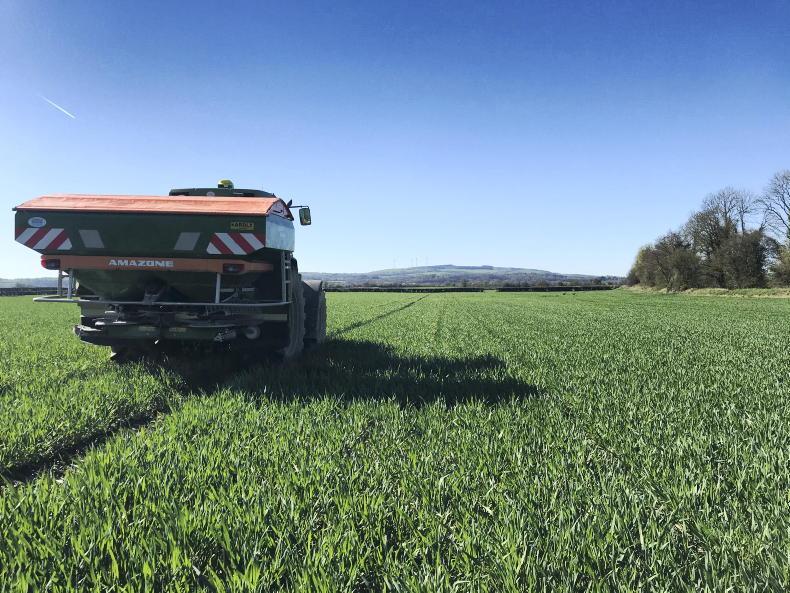

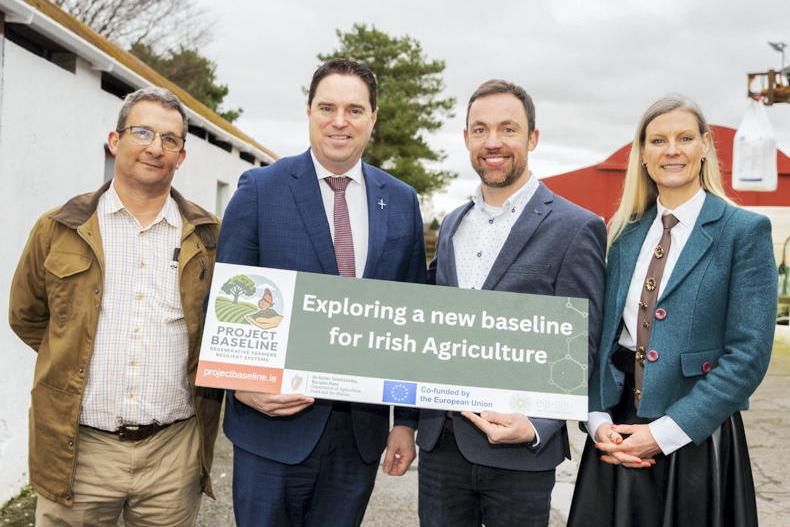
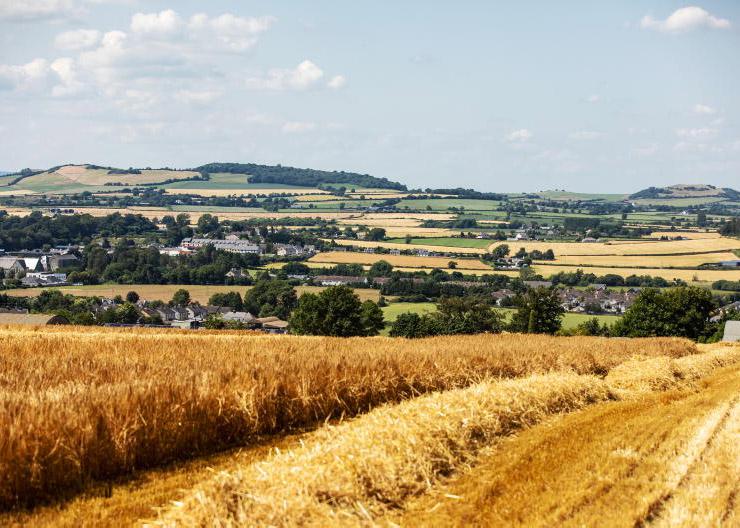
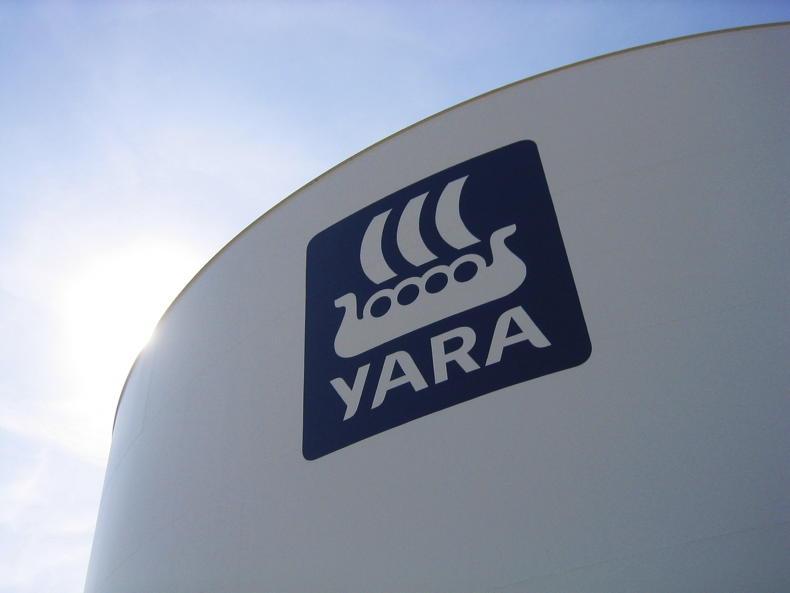
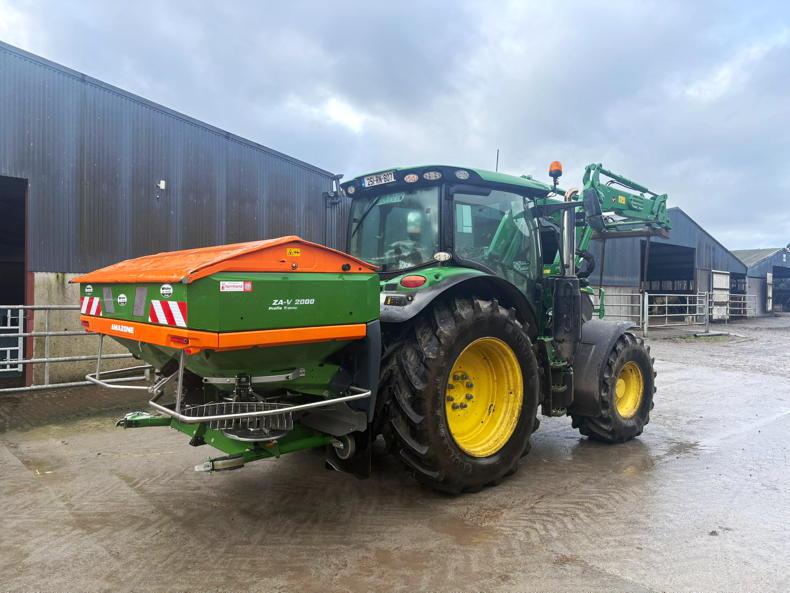
SHARING OPTIONS